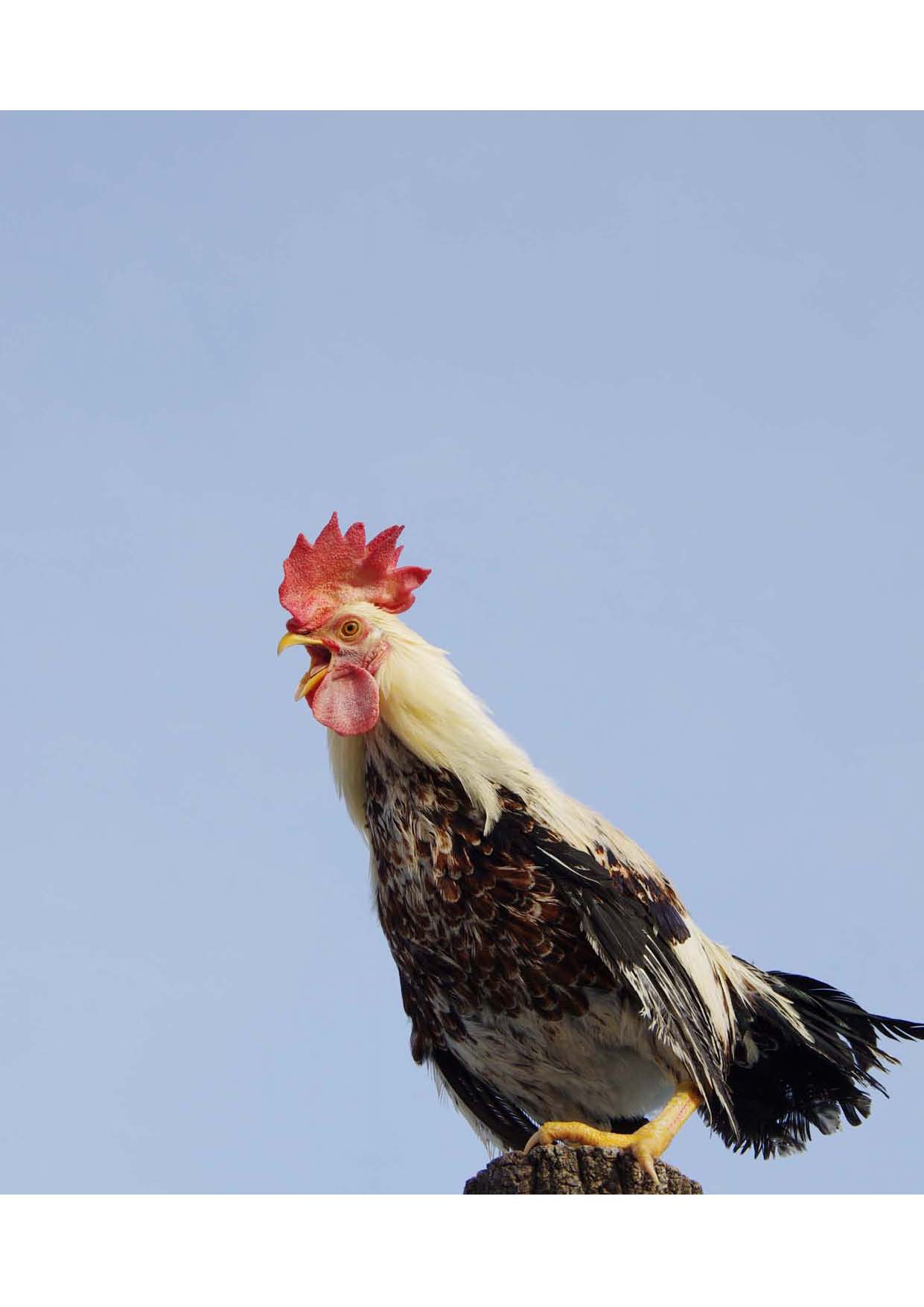
The rooster's morning cock-a-doodle-doo is driven by an internal clock, finds new research, suggesting the male chickens really know the time of day.
The study, detailed today (March 18) in the journal Current Biology, found that roosters put under constant light conditions will still crow at the crack of dawn.
Past studies have found that a myriad of animal behaviors are driven by an internal clock: at night, a dip in insulin causes humans to process food more slowly, and even blind cave fish use a circadian clock to tell time.
"'Cock-a-doodle-doo' symbolizes the break of dawn in many countries," said study author Takashi Yoshimura of Nagoya University, in a statement. "But it wasn't clear whether crowing is under the control of a biological clock or is simply a response to external stimuli."
Because stimuli throughout the day — such as car headlights — will set off a rooster's crow at any time, it was also possible that increasing light was the trigger for the cock's crows.
To find out Yoshimura and his colleagues put 40 roosters in a setting with constant light, then recorded when they crowed.
Sure enough, the chickens crowed at daybreak regardless of the light conditions. The roosters also crowed at other times of day and in response light and the crows of their fellow chickens, but those behaviors were much stronger at daybreak. The findings suggest that an internal circadian clock, rather than external conditions, drive the behavior.
Sign up for the Live Science daily newsletter now
Get the world’s most fascinating discoveries delivered straight to your inbox.
As a follow-up, the team hopes to determine the genetic underpinnings of other animal sounds.
"We still do not know why a dog says 'bow-wow' and a cat says 'meow,'" Yoshimura said in a statement. "We are interested in the mechanism of this genetically controlled behavior and believe that chickens provide an excellent model."
Follow Tia Ghose on Twitter @tiaghose. Follow LiveScience @livescience, Facebook & Google+. Original article on LiveScience.com

Tia is the managing editor and was previously a senior writer for Live Science. Her work has appeared in Scientific American, Wired.com and other outlets. She holds a master's degree in bioengineering from the University of Washington, a graduate certificate in science writing from UC Santa Cruz and a bachelor's degree in mechanical engineering from the University of Texas at Austin. Tia was part of a team at the Milwaukee Journal Sentinel that published the Empty Cradles series on preterm births, which won multiple awards, including the 2012 Casey Medal for Meritorious Journalism.









